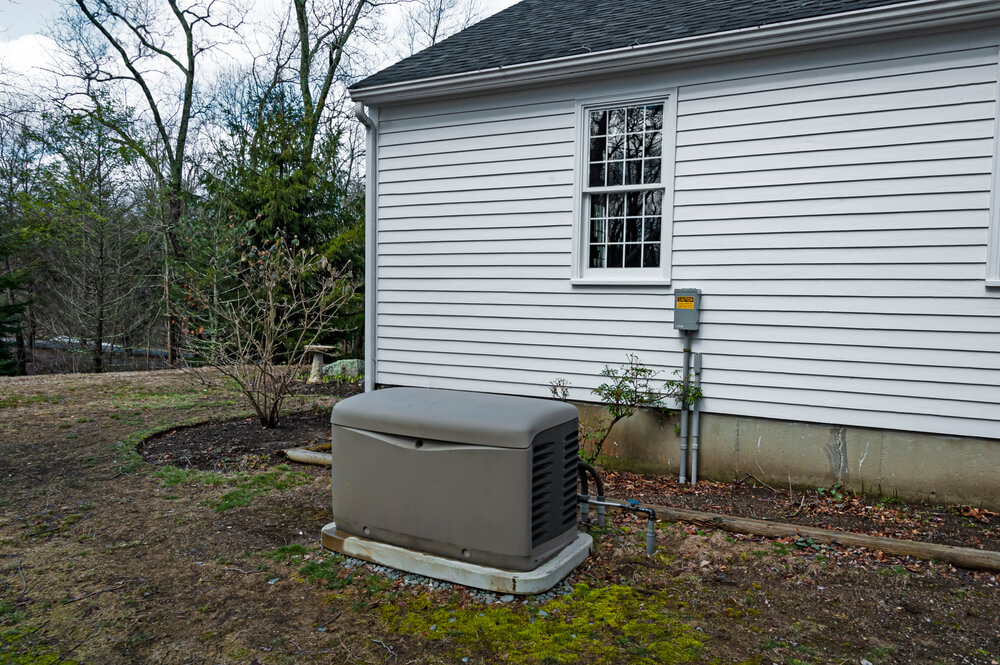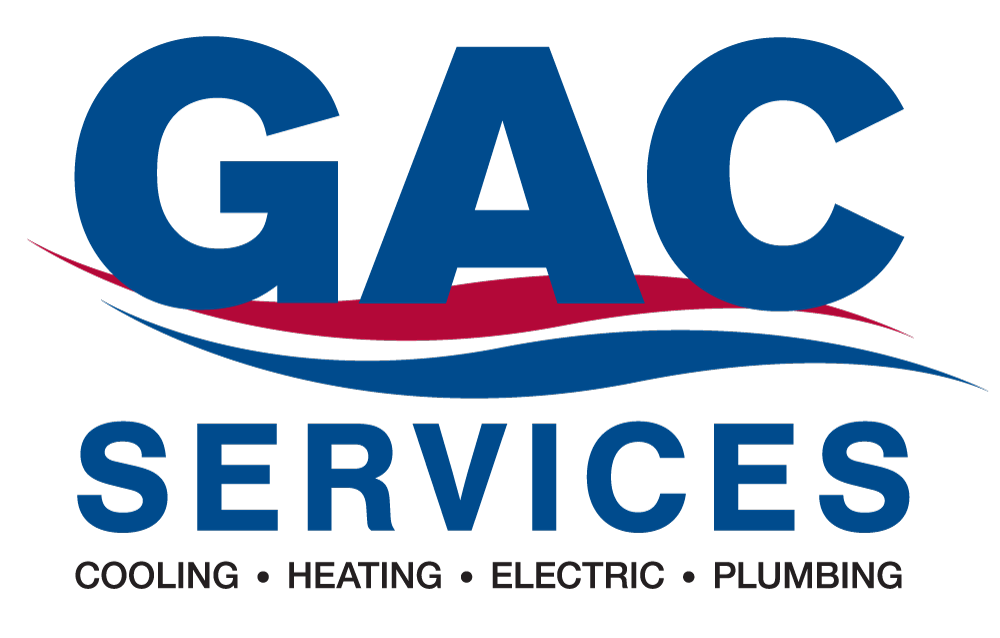Standby generators play an important part in keeping your home safe and protected. When you lose electricity and the ability to power your essential appliances, it’s comforting to know that there’s a device at work to ward off any unwanted interruptions.
However, if you don’t properly maintain your generator or address concerning issues from the moment they arrive, you may be left with a malfunctioning unit. As a homeowner, it’s critical to know the signs and causes of why your generator stopped working and how you can appropriately solve the problem.
Whether you need to take better care of your backup generator or you need to have it professionally maintained and repaired by expert electricians, these devices need extra care. Due to how complex they are designed and how essential they are to your electrical system during power outages, it’s vital to keep them in pristine condition so they can last for multiple decades and increase your home’s value.

Why Did My Generator Stop Working?
If your generator just stopped working and you are investigating the reason, take a look at these common causes below. The good news is that most causes for failure are actually quite simple and are very easy to diagnose, fix, and even avoid in the future.
Here are a few of the most common causes of a whole-home generator failure:
You Have a Worn-Out or Dead Battery
Similar to other large devices, a generator can only operate with an up-to-date battery. If the battery has died, or even if the connection to the battery has come loose or built up connection-blocking sulfate, then the generator will fail to start.
When considering generator maintenance, be aware that for the best results, a generator battery should be replaced every three years or so.
Your Unit is Leaking
Generators need three crucial liquids to properly operate: fuel, oil, and coolant. If any of these is missing, your unit can be damaged or fail. This could happen because the generator doesn’t have the necessary materials or because its safety systems stop it from running without sufficient coolant or oil.
Generators can develop leaks unexpectedly, but more often, they just need to be topped off, and the fuel needs to be refilled.
Failure to Properly Maintain Unit
Maintenance is crucial for a generator’s reliability. First, it’s important to check fuel and oil levels regularly, since low levels of these liquids may prevent the generator from starting.
There are other maintenance items that should be addressed on a regular basis, as well. This can include:
- Changing air and oil filters
- Changing spark plugs
- Checking the battery’s charge
- Ensuring valve clearance
- Cleaning any dirt or debris from the generator, both inside and outside
- Checking and cleaning sediment traps
Hiring a professional electrician for generator maintenance services is one of the best ways to ensure your unit is properly maintained and will last for years to come.
The Generator Control Is Not Set on Auto
Most modern standby generators operate using an automatic transfer switch (ATS), which means that the generator will kick into gear any time a loss of power is detected. While important, this setting can be turned off, and often is, during maintenance or when inspecting fuel levels.
If you experience an auto-sense fail for your generator, it may be because this setting is switched off. Always be sure that if you set the auto mode to “off,” to turn it back on when you’re done.
Air Is Present in the Fuel
Newer and less frequently used generators often face a common problem—air in the fuel lines. This can cause a failure to inject fuel when starting the engine. If there are enough air gaps, the generator may not start at all.
Fortunately, this issue is easily preventable. It’s strongly advised to run your generator at least once a week to eliminate any air bubbles that are in the fuel lines.
What to Do When Your Generator Stops Working
It’s a great benefit to have a backup generator installed in case of an emergency. However, if the power goes out at your house and your generator fails to turn on, there is definitely a problem.
Your best bet is to reach out to a local generator technician who can carefully inspect your unit and locate any and all problems. These professionals will diagnose the issues and work quickly to repair them.
To prevent future failures in your generator, it’s essential to have your unit maintained at least once a year. During routine generator maintenance, professional technicians will inspect your unit and locate any loose connections, worn-out components, or dirty areas. Then, they will restore your unit to proper working condition, ensuring that it will operate properly for years to come. These services will extend the lifespan of your generator and make it reliable when emergencies arise.
When you need generator repair and maintenance in Howard County, Montgomery County, or Frederick County, Maryland, turn to our professionals at GAC Services. Our technicians are dedicated to keeping your family safe by maintaining your generator.
Contact us today to schedule an appointment with our experts.


